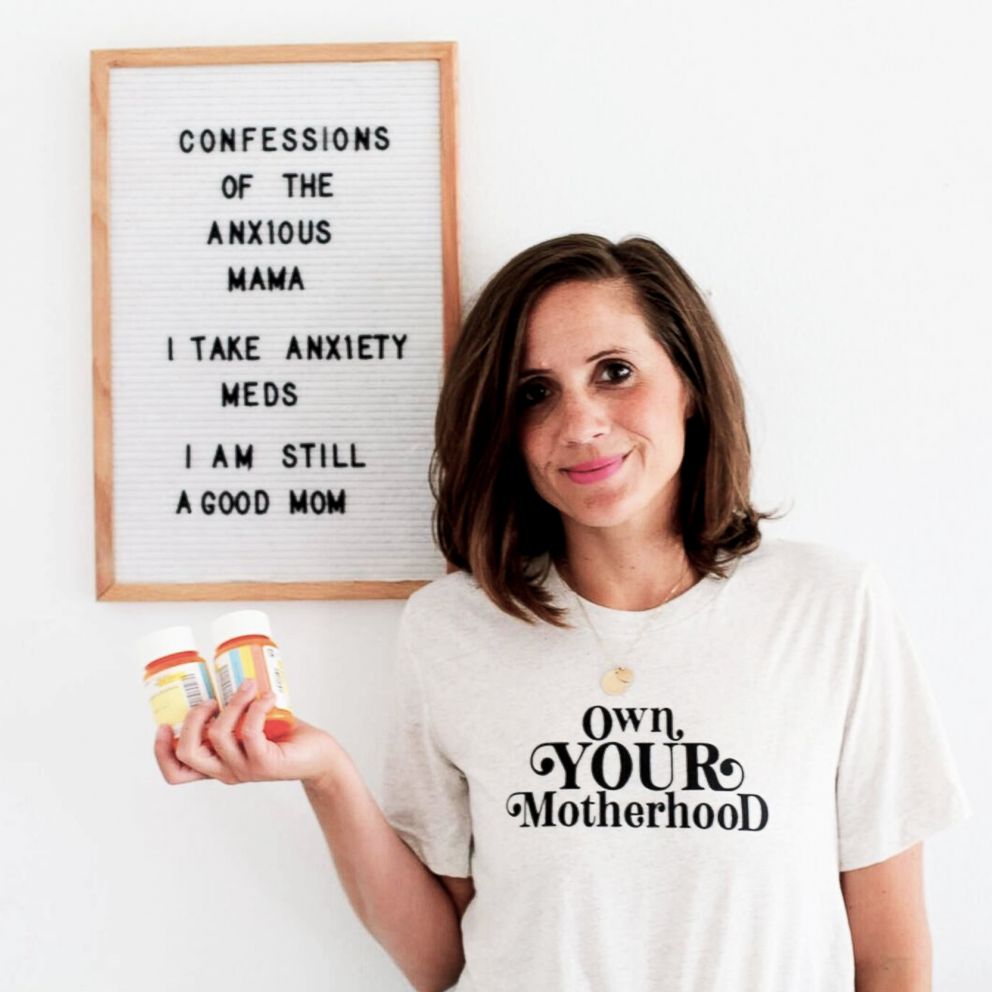As more states pass laws addressing maternal mental health, barriers to access continue
Arkansas is the latest state to provide mothers with depression screenings.
The beginning of a new year frequently marks the implementation of new laws across each state. In Arkansas, 2024 is bringing new mothers more access to maternal health services as the state will now require healthcare providers to ask mothers if they want to be screened for depression up to six weeks after giving birth.
"We're just hoping to catch things early on and not let this important part, which is the mental health screening, fall through the cracks," Arkansas state Rep. Aaron Pilkington, who was the lead sponsor for the bill, told ABC News.
"If we're able to catch this early on within the first six weeks, the hope is that we're able to get mom the care she needs so that she could have a healthy postpartum time with her new baby," he said. "A good environment for mom is a good environment for baby, and so we think this is both pro mom and pro babies, and we're very happy about that."
The new law mandates both private and government-provided insurance programs cover the cost associated with screening in an attempt to improve maternal care in the state, which has one of the worst maternal and infant mortality rates in the nation.
"This seemed like a golden opportunity to put something in place that would help out our mothers here in Arkansas, help them get the care they need," Pilkington said. "We're hoping to turn the curve when it comes to mental health and maternity cases here in Arkansas, and I'm really optimistic about the possibility of improving mental health for young moms and all moms."
Arkansas is one of a growing number of states working to improve maternal health outcomes for new parents by implementing laws that incorporate maternal mental health into the health care services parents can access.
"This is an old-as-time issue, it's just that folks are now paying attention to it," Kay Matthews, executive director of Shades of Blue, a nonprofit working to reduce disparities in maternal mental health, told ABC News.
Matthews started Shades of Blue in 2013 after she delivered her daughter stillborn and was unable to find information around postpartum depression and stillbirths. Now, Matthews said she can search online and find something where the two are correlated.

"I've definitely seen the advocacy piece around maternal mental health really change the trajectory in pushing this thing to the forefront," she said.
Despite the progress, barriers remain. According to data from the Policy Center for Maternal Mental Health, a nonprofit that works to close gaps in maternal mental health care through advocacy and policy, 13 states still have not passed bills that address maternal mental health.
Additionally, even for states that have successfully passed bills addressing the issue, the parameters of care can vary significantly from state to state.
California's screening mandate, for instance, requires that people be screened at least once during their pregnancy and then again at each of their subsequent postpartum visits after delivery. By contrast, Arkansas' new law covers screenings up to six weeks after birth.
According to the Maternal Mental Health Leadership Alliance and the Policy Center for Maternal Mental Health, the current recommendation is to screen up to the first year postpartum, as there are different times in that postpartum period that a maternal mental health disorder can avail itself.
For those successfully screened and in need of care, services may still be hard to come by.
"The challenge remains that you need to be able to refer out to mental health services, and currently, we are facing a huge provider shortage for mental health care and especially for maternal mental health care," Crystal McAuley, engagement manager at Mom Congress, a nonprofit that works to address gender equity in policy, told ABC News.
For women of color, access to care can be even more challenging.
The Institute for Diversity and Health Equity at the American Hospital Association has found that while postpartum depression affects 1 in 8 women, the risk is 1.6 times higher for Black women. Yet, Black women are less likely to receive help. Often this is the result of racial bias leading to maternal mental health symptoms and issues among Black women being overlooked and under addressed.
"We need to understand that there's many ways to tackle maternal mental health complications and that we ought to be really culturally competent about the way we address it," McAuley said.
Said Matthews, "We're up against a different set of subsets within the healthcare system that automatically leads to bias. There's so many things that we are simply up against, which is why advocacy is a big piece for us. We show our clients how to advocate for themselves."







